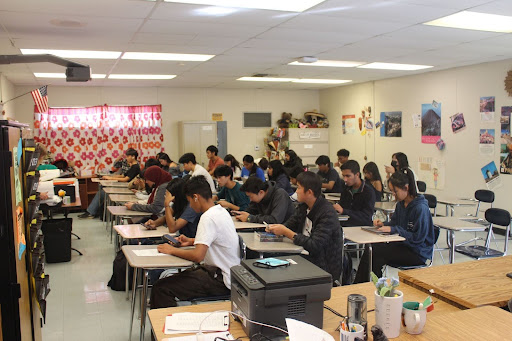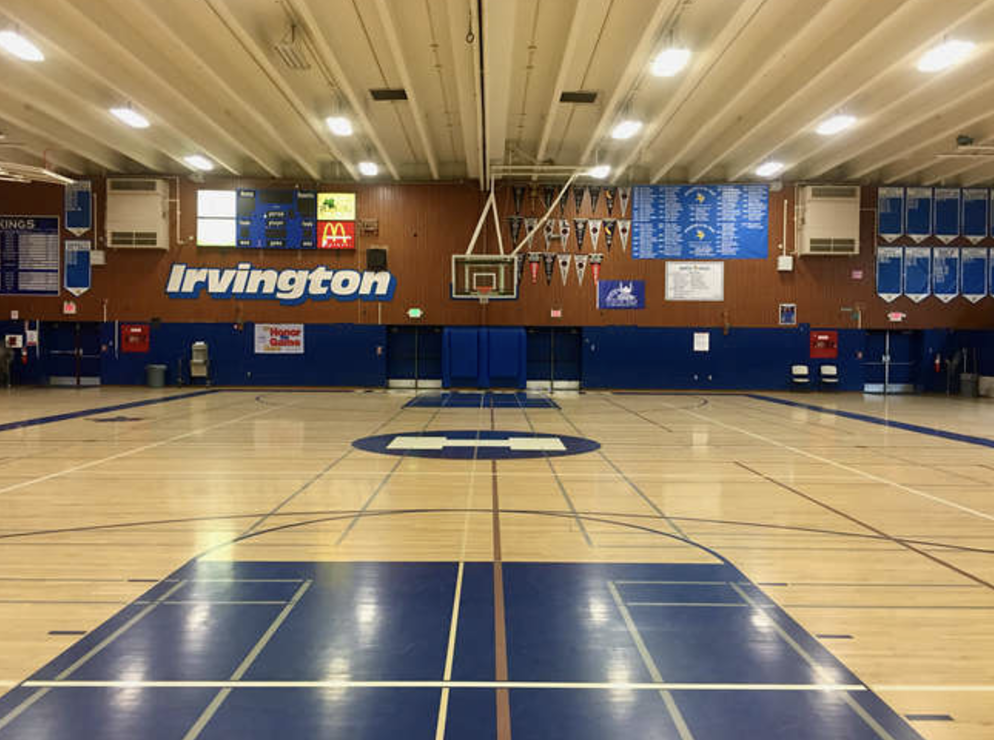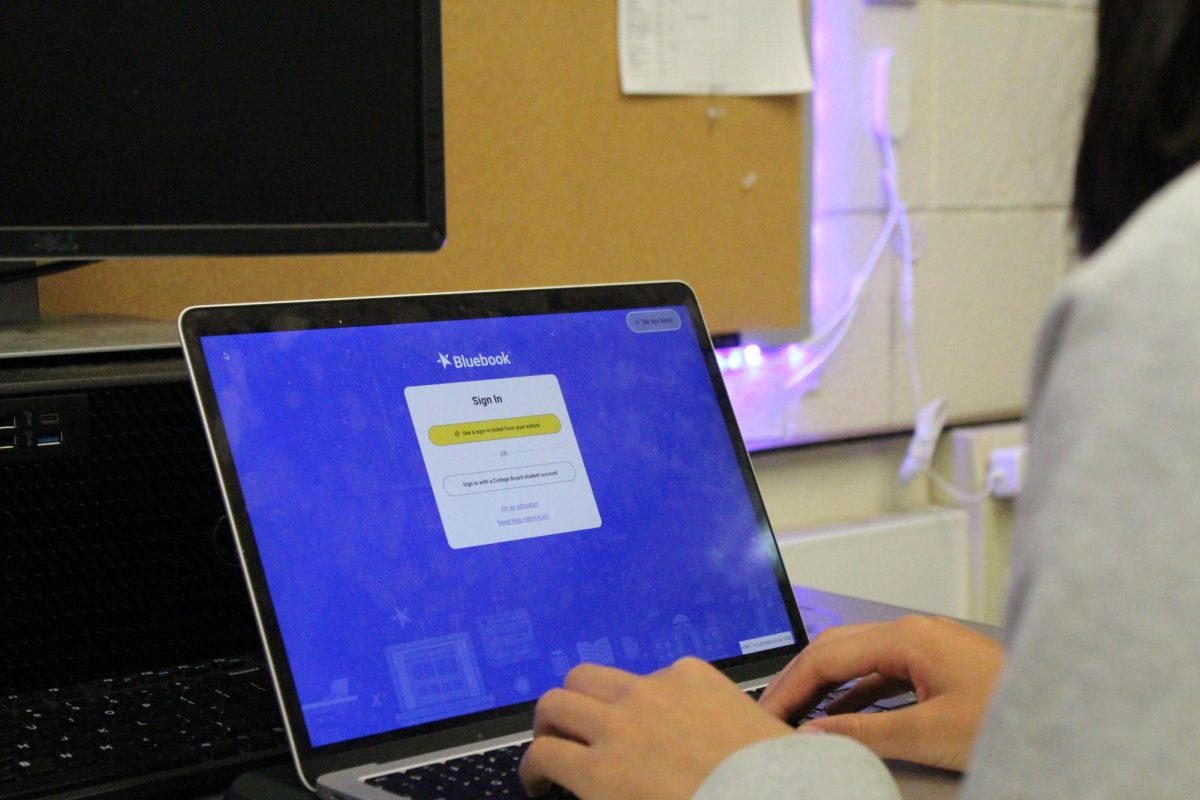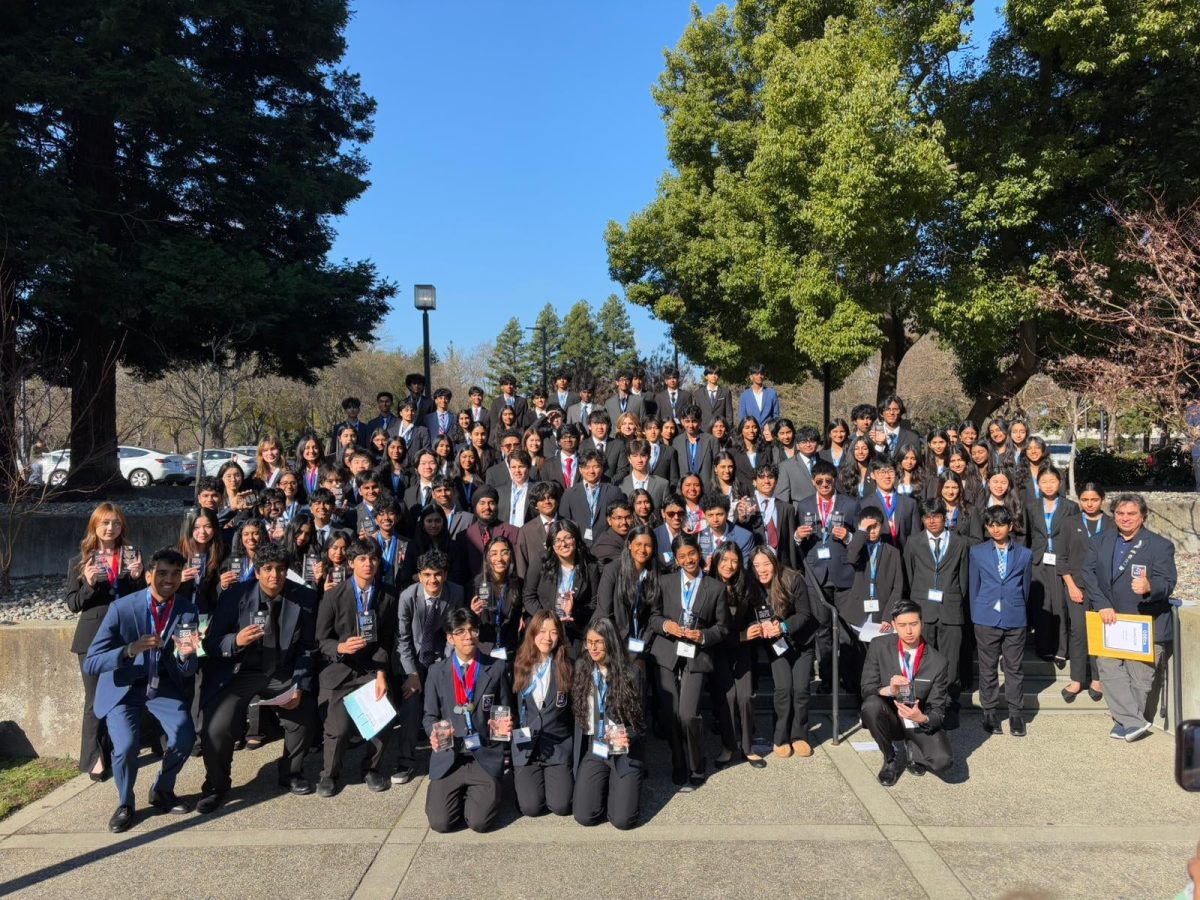Irvington’s administration has recently cracked down on its long-standing no-phone policy, especially during the FLEX and advisory periods. As these periods count towards state-required instructional minutes and the administration noticed students playing games on their phones and texting other students, they felt that it was necessary to establish and enforce a policy that ensured these minutes were used appropriately.
Students, however, feel concerned about the policy. “For the past three years, we have all been using advisory and FLEX to do a variety of tasks such as coordinating club meetings, completing extra-curricular work, and unwinding,” explains Maya Sompalli (12). “The majority of this is done on our phones.” Other uses of phones in advisory include uploading photos of assignments such as source checks or homework to Google Classroom and studying using photos of notes. Students also expressed that using their phones improves their academic performance and allows them to take full advantage of instructional time. “Chromebooks are slow and inefficient, often not being able to open necessary websites and overall not working a significant amount of the time, explained Kayli Dai (12). “Phones help out students who can’t bring a laptop to school.” In addition, they expressed concern that the students who are able to afford Macbooks, which often retail for above $1,000, can use iMessage for communication purposes— a feature unavailable on school-funded Chromebooks. Phones help level this inequity.
The administration offered a differing perspective, drawing upon several experiences when they encountered entire classrooms being off-task and on their phones. “I’ve sat in classes where I can tell who one student is texting across the classroom,” recounted Principal Hicks. “That’s not a good use of the instructional time.” They include how the other periods of the day are still up to the teacher’s discretion and “it’s 24 minutes a day three times a week; it’s not that big of a deal.”
The state categorizes “instructional minutes” as time “under the immediate supervision and control of a certificated employee of the school district.” However, this definition seems vague as well, not specifying what type of work must be done during this time. Regardless, this time is essential for many students, especially those who participate in activities such as band. “We use this time for sectionals where the different sections of band can really work on themselves, contributing largely to our success,” said Mr. Rodda. Historically, FLEX has also been used for non-instructional reasons such as rallies and college informational sessions, both essential to students.
Among teachers, there seems to be mixed opinions about this policy. While certain students report the policy loosening up significantly in their classrooms over the weeks succeeding the initial enforcement, others have experienced the policy being strictly enforced. “I remember there being a heated discussion in the staff room in response to the policy,” Mr. Rodda stated. However, Mr. Rodda shared a similar view as the administration as he also believed that there was a phone problem prior to the policy being enforced.
This policy is not specific to Irvington. Principal Hicks explained that his previous school implemented a no-phones, no-questions-asked policy. He also added that the Los Angeles Unified School District already has a policy of no phones on campus, so Irvington’s policy is flexible in comparison.
The administration has also received positive feedback from parents. While there have been no official polls, Principal Hicks claims, “Parents are absolutely in favor of the policy.”
Regardless of the reception of the policy, it is foreshadowing stricter phone restrictions in the future as the Phone-Free Schools Act requires California schools to enact policies restricting phone use by 2026.





















